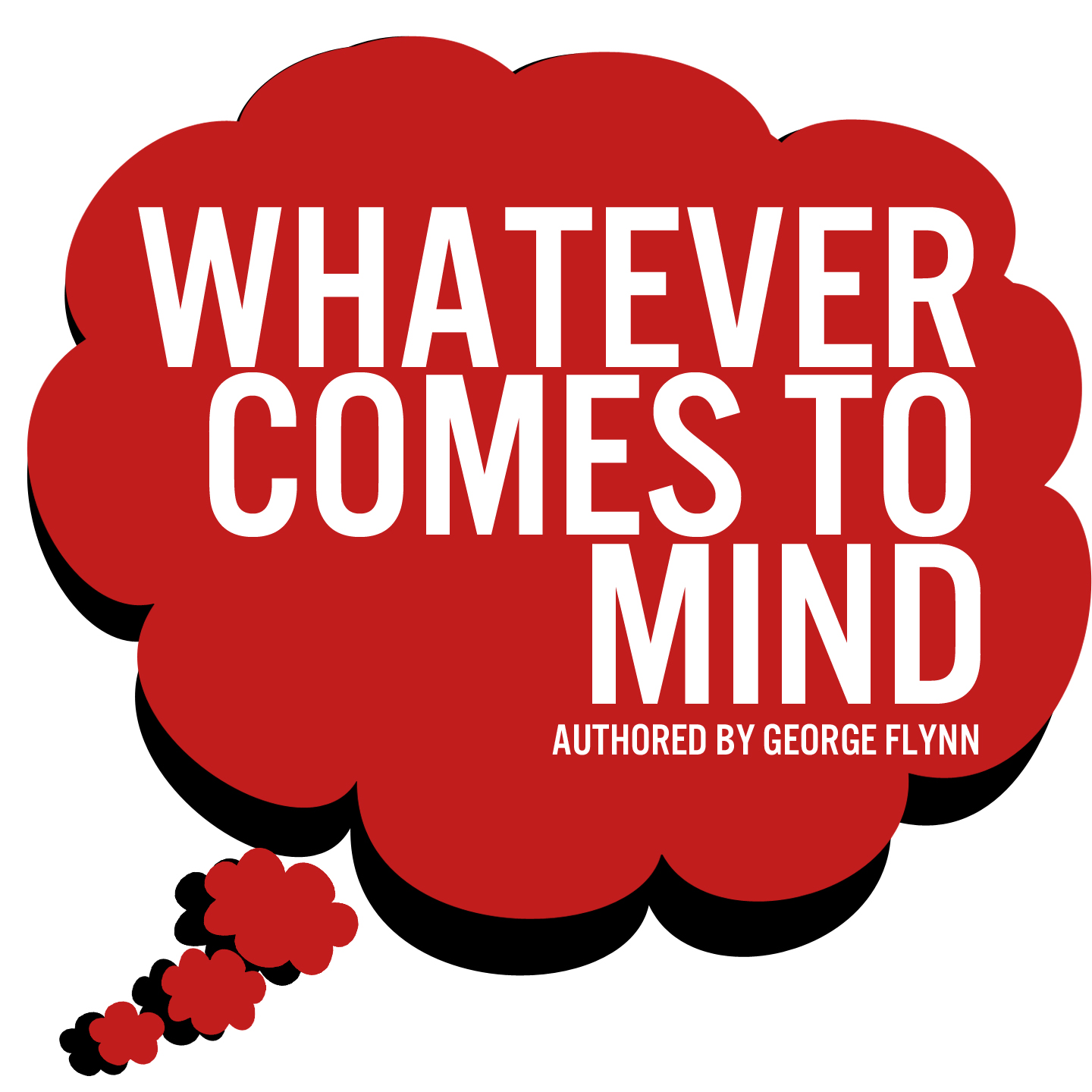By Pat Higgins | Asst. Sports Editor

Ask a student on campus enrolled in a philosophy or sociology class and he may voice his disdain for having to take a core class related to liberal arts.
“Why should I have to study philosophy that somebody wrote 400 years ago if I’m a business major? This has nothing to do with anything I’m going to do after I graduate,” he might say.
It’s natural – it’s tough to understand the purpose of a class on Basic Philosophical Questions if you’re studying to be a trader on the stock market.
In an economy where productivity, wealth and power are becoming increasingly more important than virtually every other aspect of life, more and more universities across the country view the humanities like philosophy, literature and history as a luxury that takes a secondary seat behind studies like math, science or economics.
According to data used by the American Academy of Arts and Sciences from the U.S. Department of Education in 2012, the number of students pursuing degrees in the humanities has dropped more than 50 percent since 1966.
The problem is that students enrolled and heading into college are focused on a specialization with which they can make a decent salary after graduation and live a comfortable life. And that is something a degree in the humanities may not always offer. A student may seek to earn a degree in biology or attend medical school to make a boatload of money after school, a goal which is perfectly acceptable. But you cannot ignore the importance of at least a core education in the humanities.
Employers do not want to hire specialized machines who graduated with specific skills in their field and no perception of the world around them outside of that field. The purpose of college is not to train a student for a job after graduation. The purpose of college is to provide a student with an education that broadens his perspective of the world and to carry himself intelligently both inside and outside the workplace.
Sure, an education in the sciences will teach you to gather and analyze data to make conclusive and informed decisions in a lab and provide practical experience essential to a career as a doctor or researcher. But life isn’t all about understanding organic chemistry – it’s about understanding the figurative meaning of the word “life.”
As an economics major, I can and will learn every aspect of Microsoft Office and every other statistical program on the server. But an education thus far in the humanities has taught me to read critically, write concisely and consider and understand the impacts that economic policy has on many parts of society other than private wealth and trends in the stock market. I can learn every nook and cranny of adjusting an Excel spreadsheet, but if I cannot communicate my ideas to a broader audience and consider on a broader scale the way the development of economic theory has changed the world in the past 500 years and the way it can change it in the next century, then I am nothing more than a processer that calculates linear regressions.
If taken seriously, an education in the humanities can teach a student how to think, ask pertinent questions and criticize by learning from the past. A study of philosophy can give a student a foundational understanding of ethics. It can stimulate a sense of creativity and an understanding of other cultures to provide a better understanding of the past, which can in turn arouse an imagination of what the future can hold.
As long as these classes are around, some students will find ways to meet their minimum requirements by reading Sparknotes, skimming articles and forgetting what they learned after they get a grade that won’t hurt their GPA. But this discussion has more to do with the purpose of education – to provide a perspective on ideas and topics outside a student’s major that can and oftentimes seriously impact the choices he or she makes both within their profession and as an adult in the real world as a mother, father, friend or partner.
Humanities are viewed by many universities as a luxury, which is why schools are frequently choosing to cut back on liberal arts programs in favor of more specialized, degree-specific programs that will make students more attractive in the job market. In 2010, the State University of New York had to cut $640 billion from its budget, which prompted the president of the Albany campus to immediately suspend five humanities programs in French, Italian, Russian, classics and theater. Efficiency is key in any profession, especially when other programs offer more lucrative salaries, but there is room for both an education about the past and a focus on what is happening in the present and it may even be necessary in a society that is changing as rapidly as ours.
The bottom line is that the humanities are not simply a luxury that can be eliminated from college curriculums without significant consequences to the way society perceives culture and current affairs.
Education of the humanities provides us with a perspective on what the world was like before we inhabited it based upon the cultural elements we study like philosophy, literature and language. In school we learn about what has happened before us and set an example for those who will come after us, to improve the quality of life of others around us and create a lasting impact after we leave.
Pat Higgins is a sophomore journalism and economics major and can be reached at higginsp@duq.edu.




